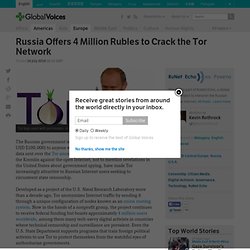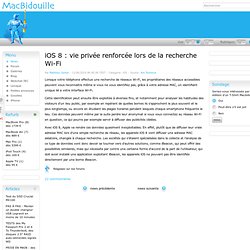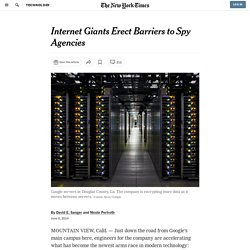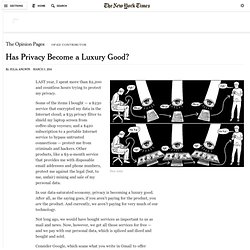

Russia Offers 4 Million Rubles to Crack the Tor Network. Tor logo used with permission.

Image remixed by Kevin Rothrock. The Russian government is offering almost 4 million rubles (about USD $100,000) to anyone who can devise a reliable way to decrypt data sent over the Tor anonymity network. A mounting campaign by the Kremlin against the open Internet, not to mention revelations in the United States about government spying, have made Tor increasingly attractive to Russian Internet users seeking to circumvent state censorship. Tor has encountered problems in Russia before. Indeed, the country’s principal security agency, the FSB, lobbied the Duma last year to ban Tor. Russian Pirate Party leader Stanislav Sharikov says the Russian government’s renewed interest in cracking Tor might have more to do with genuine police concerns than political repression. Of course, Tor is a “dual-use” technology. The U.S. government cites precisely these worrying uses of Tor when justifying its own efforts to decrypt users’ data. iOS 8 : vie privée renforcée lors de la recherch, sur MacBidouille.com.
Lorsque votre téléphone effectue une recherche de réseaux Wi-Fi, les propriétaires des réseaux accessibles peuvent vous reconnaitre même si vous ne vous identifiez pas, grâce à votre adresse MAC, un identifiant unique lié a votre interface Wi-Fi.

Cette identification peut ensuite être exploitée à diverses fins, et notamment pour analyser les habitudes des visiteurs d'un lieu public, par exemple en repérant de quelles bornes ils s'approchent le plus souvent et le plus longtemps, ou encore en étudiant les plages horaires pendant lesquels chaque smartphone fréquente le lieu. Ces données peuvent même par la suite perdre leur anonymat si vous vous connectez au réseau Wi-Fi en question, ce qui pourra par exemple servir à diffuser des publicités ciblées.
Avec iOS 8, Apple va rendre ces données quasiment inexploitables. Internet Giants Erect Barriers to Spy Agencies. Photo MOUNTAIN VIEW, Calif. — Just down the road from Google’s main campus here, engineers for the company are accelerating what has become the newest arms race in modern technology: They are making it far more difficult — and far more expensive — for the National Security Agency and the intelligence arms of other governments around the world to pierce their systems.

As fast as it can, Google is sealing up cracks in its systems that Edward J. Snowden revealed the N.S.A. had brilliantly exploited. It is encrypting more data as it moves among its servers and helping customers encode their own emails. Facebook, Microsoft and Yahoo are taking similar steps. After years of cooperating with the government, the immediate goal now is to thwart Washington — as well as Beijing and Moscow. Has Privacy Become a Luxury Good? Photo LAST year, I spent more than $2,200 and countless hours trying to protect my privacy.

Some of the items I bought — a $230 service that encrypted my data in the Internet cloud; a $35 privacy filter to shield my laptop screen from coffee-shop voyeurs; and a $420 subscription to a portable Internet service to bypass untrusted connections — protect me from criminals and hackers. Other products, like a $5-a-month service that provides me with disposable email addresses and phone numbers, protect me against the legal (but, to me, unfair) mining and sale of my personal data. In our data-saturated economy, privacy is becoming a luxury good. After all, as the saying goes, if you aren’t paying for the product, you are the product. Not long ago, we would have bought services as important to us as mail and news. Consider Google, which scans what you write in Gmail to offer advertisers a chance to promote their items based on your missives.
Seeking Online Refuge From Spying Eyes. Julia Yellow Consider this scene in “The Circle,” Dave Eggers’s new novel that imagines a dystopian future dominated by an omnipotent social networking company: Mae, the young protagonist, tries to unplug from her hypernetworked life to go on a covert, solitary kayaking trip.

But when she returns to shore, she is greeted by police officers who have been alerted to her excursion by several hidden cameras. She quickly realizes that very little in her life isn’t recorded, tracked and analyzed. It’s a troubling image, one that some fear might not be limited to works of fiction. In fact, some elements of Mae’s scenario have emerged recently in the news. And, at the same time, drones are becoming commonplace — used by the government in counterterrorism efforts and by hobbyists — prompting discussions about the long-term impact on privacy. Ms. Most of these services are still relatively small.